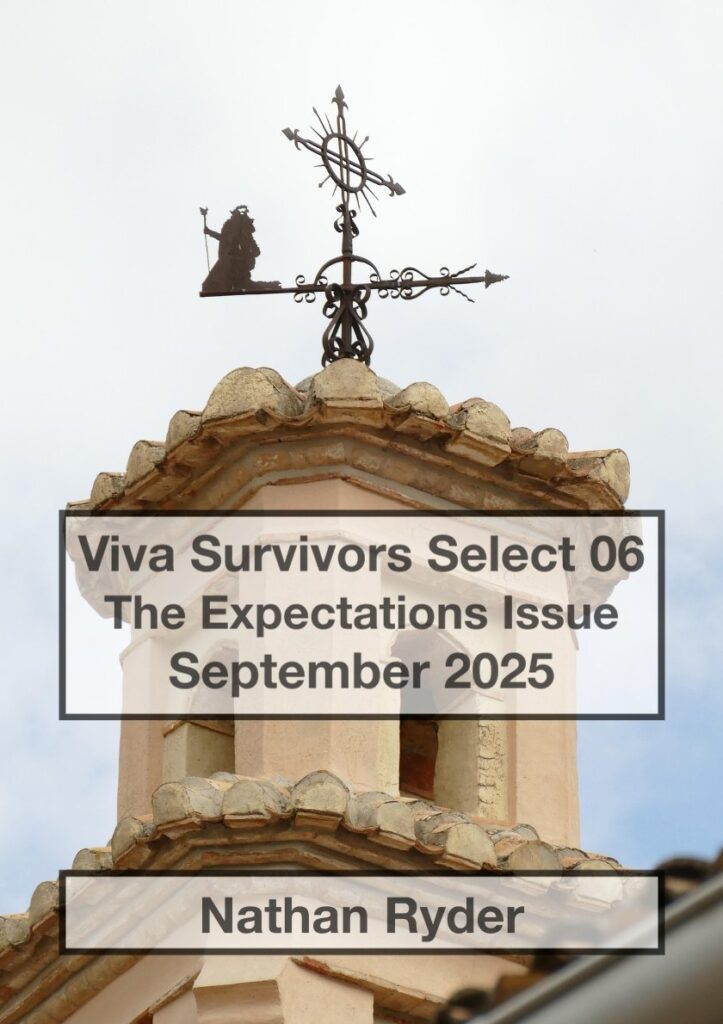Viva Survivor Webinar, December 3rd 2025
Let’s keep this announcement short and simple:
- I’m running my Viva Survivor webinar on Wednesday 3rd December 2025.
- Registration is open now for this three-hour live webinar and participants will have access to a four-week catch-up recording and other follow-up materials.
- Viva Survivor has been delivered for the last 15 years to more than 8000 PhD candidates at universities and programmes all over the UK.
- In that time and in over 400 sessions I’ve been continuously developing Viva Survivor to be as helpful as possible to PGRs.
- You can register now and use code VIVASURVIVORS until midnight on Sunday 5th October 2025 to save £10 on registration.
There’s a lot more information at the link about the webinar on Wednesday 3rd December 2025 and if you have any questions please get in touch. Viva Survivor is one of my favourite things to do and I’m really looking forward to this session, my only remaining independent Viva Survivor of 2025.
Please take a look if you’re interested and don’t forget that the code VIVASURVIVORS will save £10 on your ticket if you register before midnight on Sunday 5th October 2025.
Thanks for reading!
Nathan
